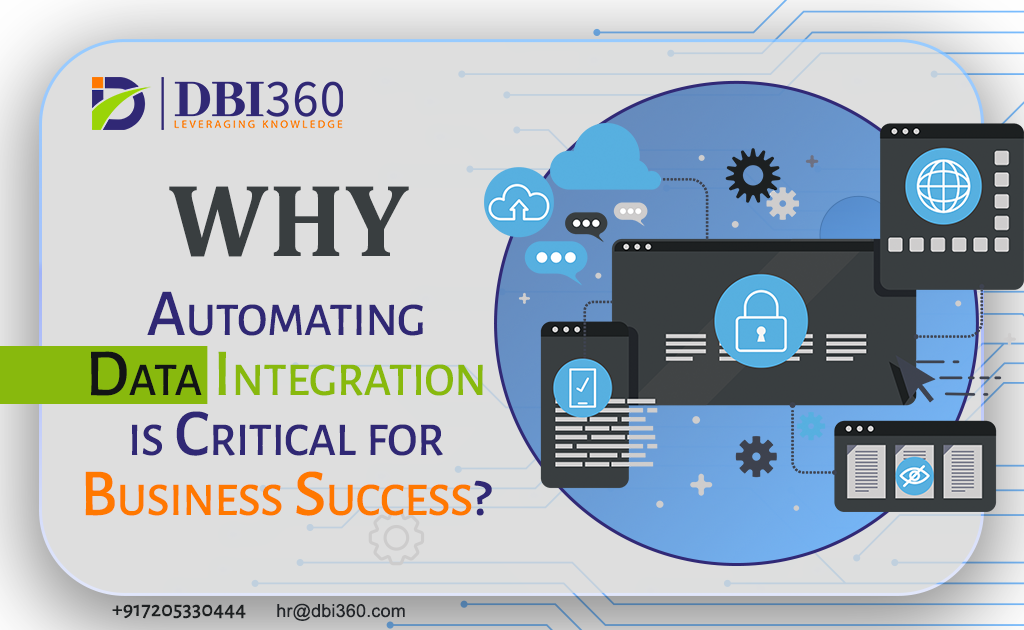As businesses continue to generate more data, effective data integration processes have become increasingly critical. It helps in maintaining accurate and timely insights. However, manually integrating data across multiple systems can be time-consuming and error-prone. It often leads to delays and inaccuracies that can impact business decisions. Businesses can streamline their data management practices by automating data integration processes. Moreover, they can unlock numerous benefits that can drive better outcomes.
Here are some of the top benefits of automating data integration processes for your business:
Improved accuracy and data quality
Manual data integration processes are often prone to human error, leading to inconsistencies and inaccuracies in your data. Automating data integration processes can reduce the risk of errors and inconsistencies, improving your data’s accuracy and overall quality. With automated data integration, you can also ensure correct data format. Moreover, validate the data before it is integrated into your systems, reducing the risk of errors downstream.
Faster processing and time savings
Integrating data can be time-consuming, particularly when dealing with large volumes of data. Automating data integration can significantly reduce processing time, allowing your business to gain insights and make decisions faster. By automating data integration, you can also free up your employees’ time. It will allow them to focus on higher-value tasks that can drive business growth.
Reduced costs and increased efficiency
Manual data integration processes can be costly, particularly if you hire additional staff to manage them. By automating data integration, you can reduce the need for manual labour and lower your operating costs. Additionally, automated data integration can help you to identify and address inefficiencies in your data management processes, further reducing costs and improving overall efficiency.
Better data governance and compliance
Data governance and compliance are critical concerns for businesses, particularly in industries subject to strict regulatory requirements. Automated data integration can help you to establish robust data governance practices, ensuring that data is accurately tracked and audited throughout its lifecycle. Ensure that your data management practices comply with relevant regulations and standards, reducing the risk of fines or other penalties.
Now that we’ve explored the benefits of automating data integration processes let’s look at how to achieve these benefits in your business.
To achieve these benefits, businesses must select the right tools and processes for their needs. Here are some tips for getting started with automated data integration:
-
Evaluate your data integration needs and determine which processes can be automated to streamline your workflows.
-
Choose a data integration platform that is flexible and scalable to meet your changing business needs.
-
Ensure that your data integration platform includes features for data validation, transformation, and quality control to improve the accuracy and quality of your data.
-
Train your employees on using your data integration platform effectively and ensure they have access to ongoing support and resources.
-
Regularly evaluate your data integration processes to identify areas for improvement and ensure that your data management practices align with your business goals.
In conclusion
Automating data integration processes can provide numerous benefits for businesses, including improved accuracy and data quality, faster processing and time savings, reduced costs and increased efficiency, and better data governance and compliance. Businesses can streamline their data management practices by automating data integration, allowing them to make better decisions and drive business growth. To achieve these benefits, businesses must select the right tools and processes for their needs and ensure that their employees are trained effectively.
Regularly evaluating data integration processes can also help businesses identify areas for improvement and ensure that their data management practices align with their business goals. By implementing automated data integration processes, businesses can unlock the full potential of their data and gain a competitive advantage in their industry.

